– Prime Minister, you went to the EU summit in Brussels with the firm position that you will not allow negotiations to start on Ukraine's accession. But in the end, you did. Why?
– After an eight-hour debate in which I failed to convince the other EU member states that this was a wrong decision, the question remained whether the 26 countries would be able to impose their will on me or on Hungary. The only answer we could give was that we would not participate in the decision.
They may be more in numbers and unable to accept our view, but we certainly cannot accept theirs, either.
So, I stood by the Hungarian position. Thus Hungary was not involved in this bad decision, and our conscience is not burdened by it. We know that the decision will cause many problems, but we now have a legal basis for averting these problems, should they reach Hungary.
– If twenty-six people spent eight hours trying to persuade me on a subject, at some point I would think that I may be wrong. Has this not occurred to you?
– Yes, it did. I am a lawyer by profession and I come from the world of technical colleges, where all we did for five years was perpetually scrutinize our own views. Hungarian politics now has the capacity to constantly assess its own position. This is what I did for eight hours, and yes: I did wonder whether it was me going against the traffic, but I came to the firm conclusion that it was them. Every single argument explained or put forward by Hungary is holding up.
This is not a new situation. This is precisely what happened with migration. Everyone can see where they've gotten to, and where we have gotten to.
– The decision on accession talks with Ukraine is more of a decision in principle, as this process can be stopped at numerous times, later. Is this what you are preparing for?
– I don't consider the opening of negotiations a theoretical issue because, even though the negotiations have not started yet, we've already encountered severe economic problems in two areas. We have an issue with Ukrainian grain that's causing significant losses to Hungarian farmers, and we are compelled to halt Ukrainian trucks at the borders of Hungary, Poland, and Slovakia because they are destroying the hauliers of these countries. Opening accession talks is a declaration stating that we want Ukraine to become a member of the EU. Our problem is that this decision was not preceded by any analysis, to examine what it means for French, German, Hungarian farmers, small businesses, traders, hauliers, and I could list almost the entire cross-section of the economy.
It is undoubtedly true that membership is a lengthy process, and each member state can decelerate or stop this process approximately seventy times. However, this decision, in and of itself, means that twenty-six countries want Ukraine to become a member of the EU and they want to hold substantive negotiations on this.
All this without clarity on where Ukraine's borders are. Not its international legal borders, but its actual geographical borders and how many people live there. Will the territories under the Russian army's occupation, along with their populations, be part of the EU? Are we taking these into consideration? We have no answers to some very basic questions because many thought that this was merely a political gesture, a geopolitical decision.

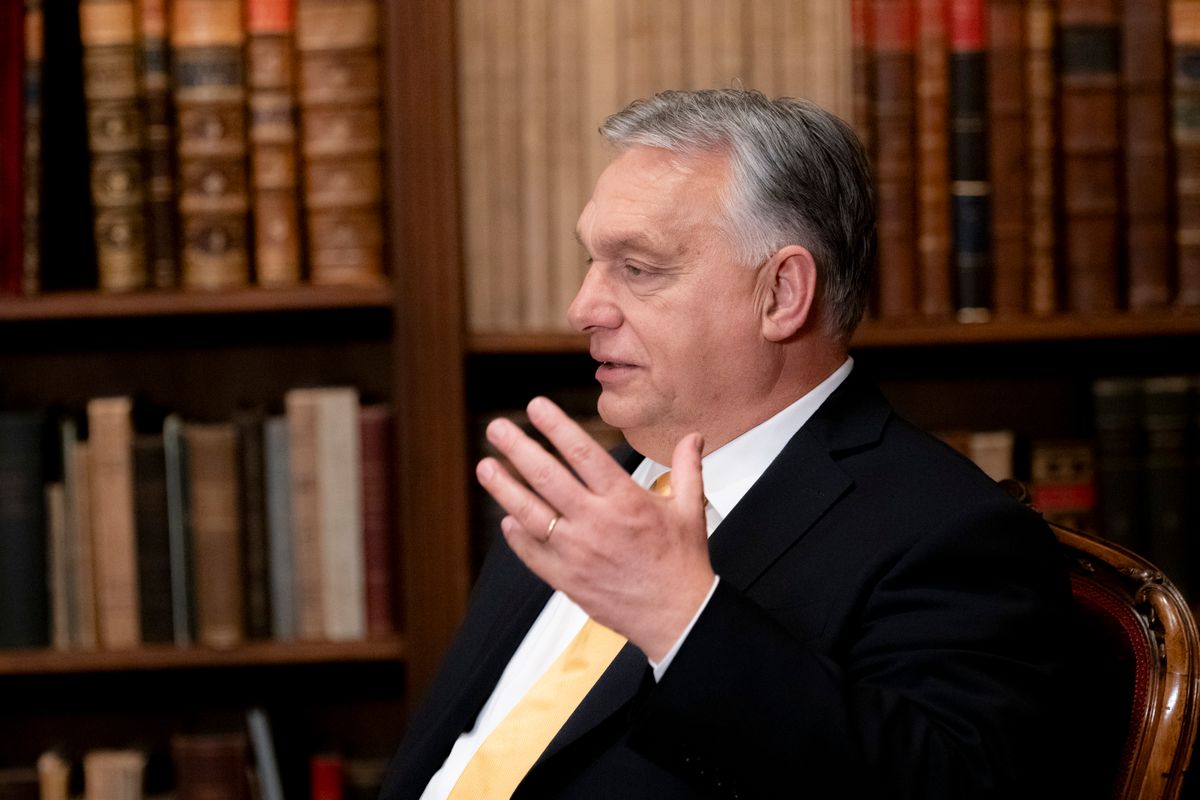





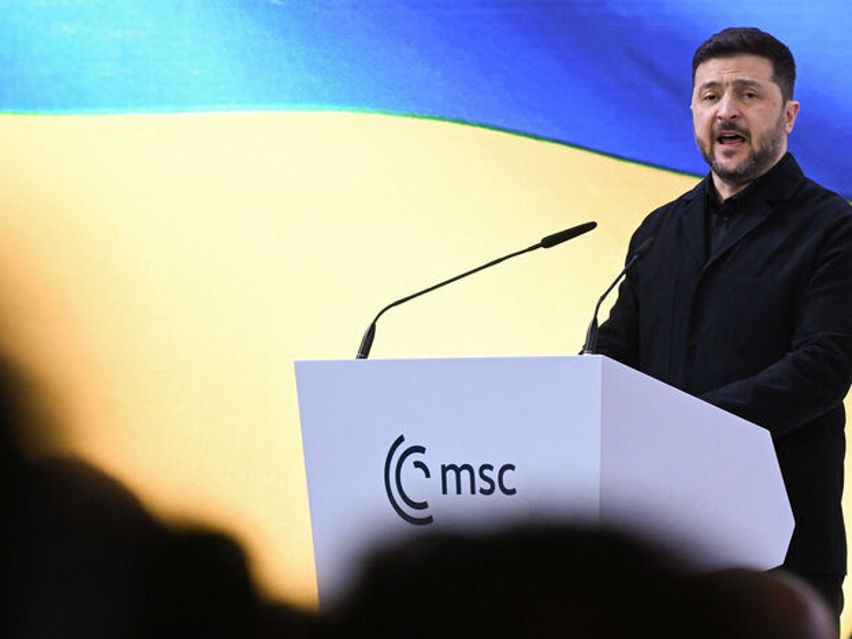

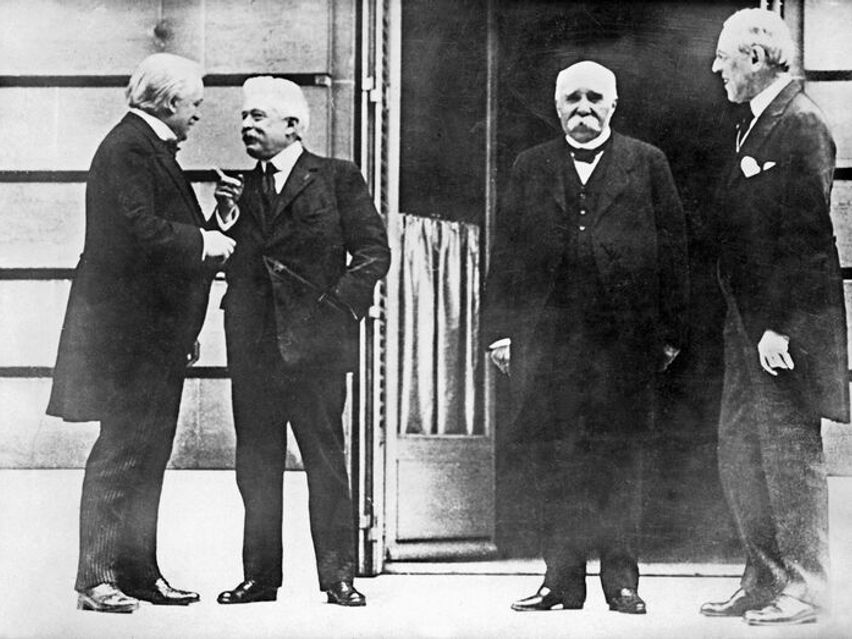
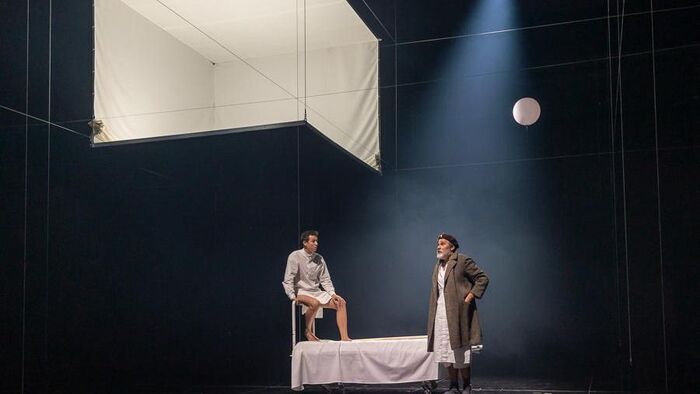


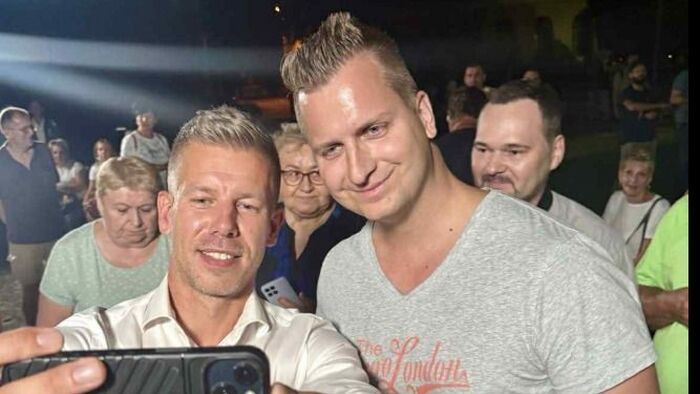
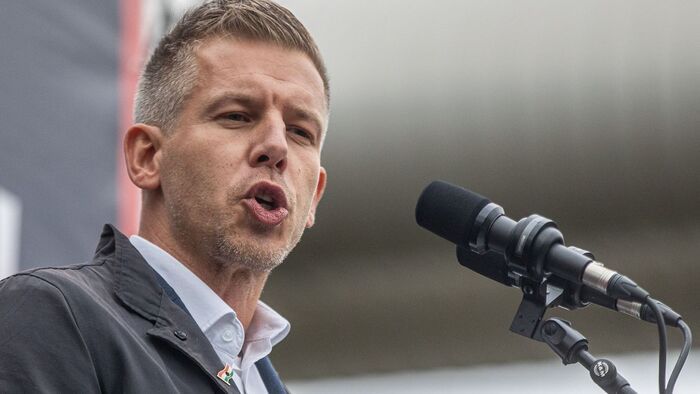
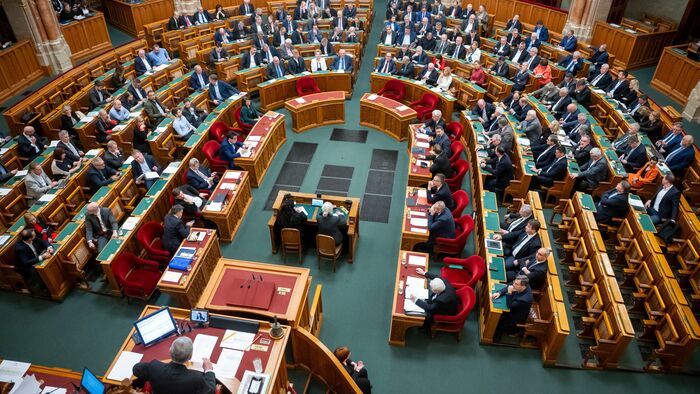
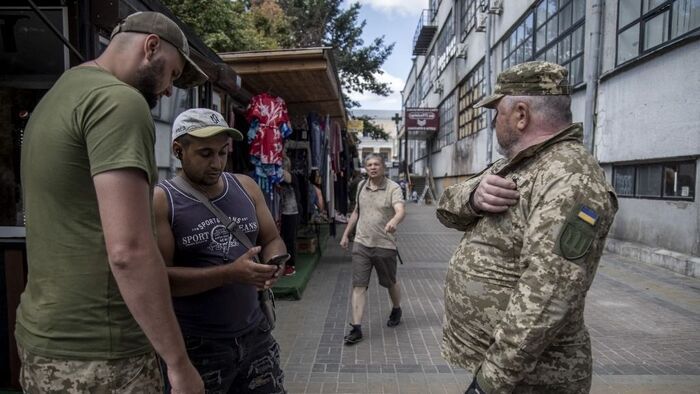

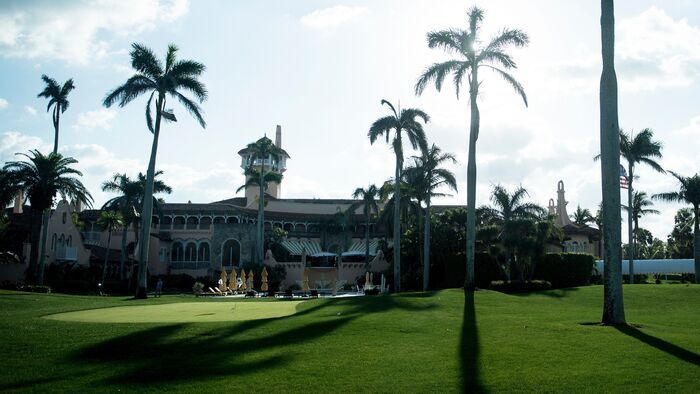


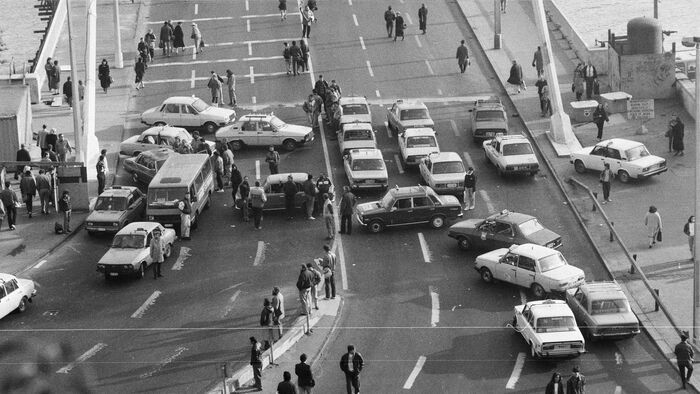

Szóljon hozzá!
Jelenleg csak a hozzászólások egy kis részét látja. Hozzászóláshoz és a további kommentek megtekintéséhez lépjen be, vagy regisztráljon!